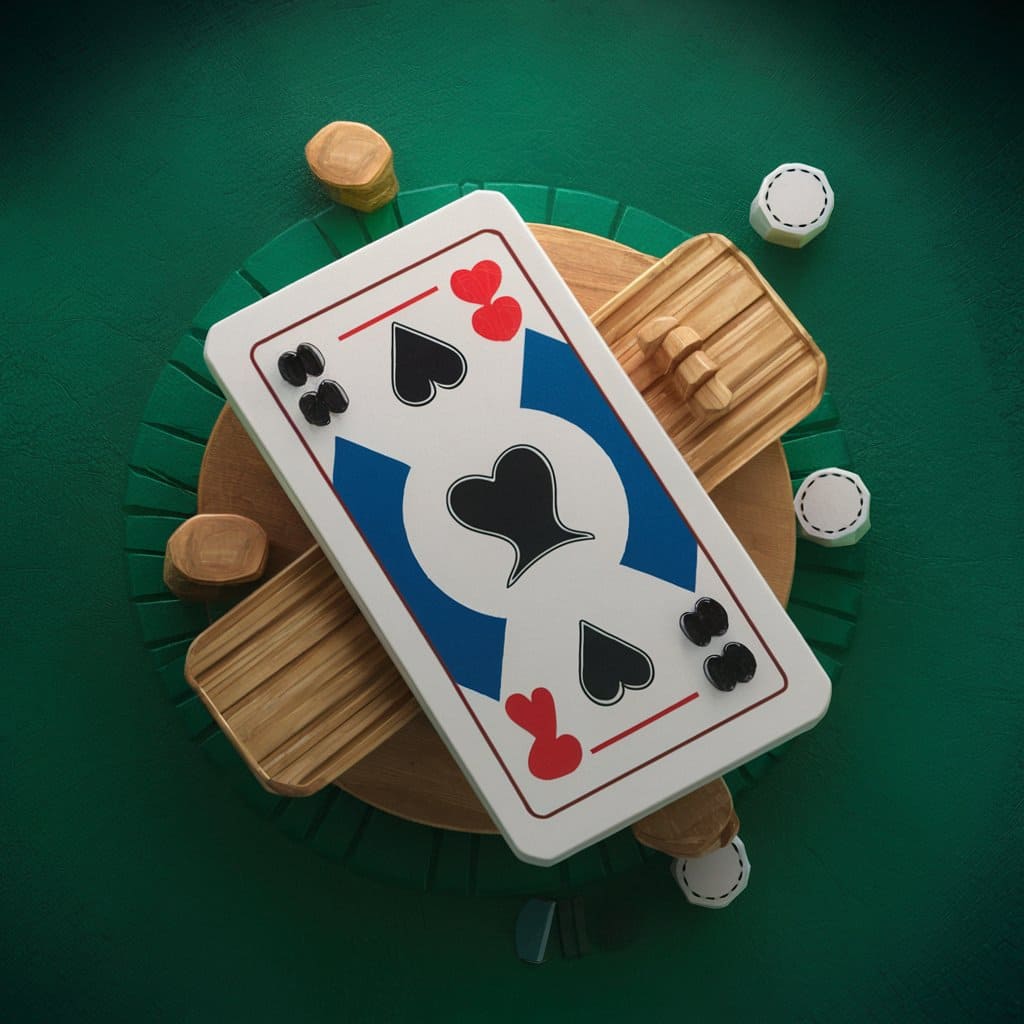Immerse Yourself in PlayZone's Exciting Games
Dive into the thrilling world of games at PlayZone! Whether you're a fan of classic card games like Rummy or looking to explore new challenges, we have something for everyone. Discover our diverse collection, learn how to play, and join our community of gamers today!
PlayZone Rules: Ensuring a Fun and Fair Gaming Environment
At PlayZone, we are committed to providing a safe, enjoyable, and fair gaming experience for all our players. To maintain this standard, we have established a set of rules that everyone must follow. These guidelines are designed to promote respect, integrity, and positive interactions within our community. By adhering to these rules, you help us create a better gaming environment for everyone.
Respect Fellow Players
Treat all players with kindness and respect. Harassment, discrimination, and abusive behavior are strictly prohibited. We encourage a positive and inclusive atmosphere where everyone feels welcome and valued.
Play Fair
Fair play is the cornerstone of our gaming community. Cheating, hacking, and exploiting game mechanics are not tolerated. We are committed to ensuring that every game is fair and that all players have an equal opportunity to succeed.
Follow Community Guidelines
Our community guidelines are in place to maintain a safe and enjoyable environment for all. This includes following the rules of each game, respecting the decisions of moderators, and avoiding inappropriate content or behavior.
Discover the Exciting Varieties of Rummy at PlayZone
Rummy is a timeless card game that offers endless entertainment and strategic challenges. At PlayZone, we bring you a variety of Rummy games, each with its own unique twists and rules. Whether you're a seasoned Rummy player or new to the game, you'll find a version that suits your style and keeps you engaged. Explore the different varieties of Rummy available on our platform and start your next game today!

Classic Indian Rummy
This popular version is played with 13 cards and uses two decks including jokers. The objective is to form valid sets and sequences, with at least one pure sequence. It's a game of skill, strategy, and sharp memory.

Gin Rummy
A faster-paced variant where players aim to score points by forming sets and runs before their opponent. Gin Rummy is known for its quick gameplay and requires sharp tactical skills to outmaneuver your opponent.

Oklahoma Rummy
Similar to Gin Rummy, but with an added twist – the initial card dealt determines the maximum points a player can knock. This variant adds an extra layer of strategy and excitement to the traditional game.

Kalooki Rummy
A version of Rummy that involves players dealing with 15 cards and aiming to lay down all their cards by forming sets and sequences. Kalooki is often played for higher stakes and demands advanced strategic planning.

500 Rummy
In this variant, players score points by laying down combinations of cards and the first player to reach 500 points wins. 500 Rummy introduces a point-based system that adds an additional layer of competitiveness to the game.

Contract Rummy
A challenging variant where players must meet specific meld requirements in each round. With each progressing round, the requirements become more difficult, making Contract Rummy a test of skill and consistency over multiple hands.
Master the Game: Rules of Rummy
Rummy is a captivating card game that combines skill, strategy, and
a bit of luck. Whether you're playing with friends or competing in
tournaments, understanding the rules is essential for a fair and
enjoyable game. Here are the key rules of Rummy to help you get
started and improve your gameplay.
Rummy is typically played with 2 to 6 players using one or two
standard decks of cards, including jokers. The objective is to form
valid sets and sequences with the cards in your hand. The game
continues until a player successfully melds their cards, meeting the
required rules, and declares victory.
Forming Sets and Sequences
The primary goal in Rummy is to form valid sets and sequences. A set consists of three or four cards of the same rank but different suits (e.g., 7♠, 7♣, 7♦). A sequence is a consecutive group of three or more cards of the same suit (e.g., 4♠, 5♠, 6♠). At least one sequence must be a pure sequence, which is formed without using jokers.
Drawing and Discarding
Each player starts with a set number of cards (usually 13 in Indian Rummy). During their turn, a player must draw a card from either the draw pile or the discard pile and then discard one card. This process continues until a player successfully forms the required sets and sequences and declares victory.
Using Jokers
Jokers play a crucial role in Rummy, as they can substitute any card to form sets and sequences. However, at least one pure sequence must be formed without using jokers. Jokers add flexibility to your hand, allowing you to complete your melds more easily.
Declaring and Showing Cards
When a player forms all the required sets and sequences, they can declare their hand. To do this, they place their melded cards on the table and show their hand to the other players. The declared hand is then checked for validity, ensuring all rules are met, including the requirement for at least one pure sequence.
Scoring and Winning
Points are assigned based on the remaining unmatched cards in the hands of the other players. Face cards (K, Q, J) and Aces are worth 10 points each, while numbered cards carry their face value. The player who declares first scores zero, and the player with the lowest score after a predetermined number of rounds wins the game.
By following these rules, you'll be well on your way to mastering Rummy and enjoying this timeless card game. Whether you're playing casually or competitively, understanding the fundamentals will enhance your gameplay and make your Rummy experience more enjoyable.